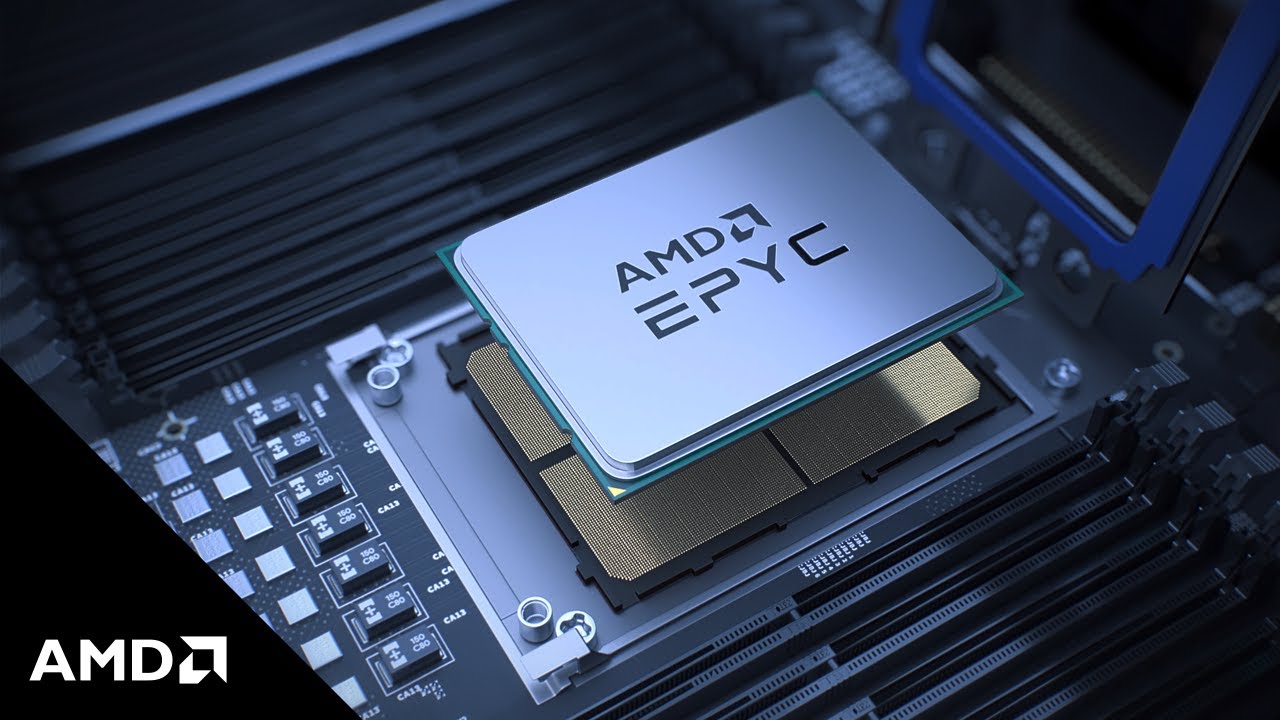
As the launch of AMD's EPYC 'Turin' processor comes closer, its benchmark results begin to emerge. Case in point, hardware enthusiast blogger @9550pro found and leaked alleged performance numbers of 128-core AMD EPYC 9755 'Turin' in the 7zip compression/decompression benchmark. Compared to AMD's 128-core EPYC 9654 'Bergamo', the new processor is almost two times faster. But there are a lot of catches here.
As it turns out, AMD's 128-core AMD EPYC 9755 'Turin' is massively — around two times — faster in compression/decompression workloads than the 128-core EPYC 9654 'Bergamo' processor. These workloads are integer workloads that are similar to those used in servers and they are good indicators of single-core/single-thread performance.
@9550pro did not disclose where his 7zip compression/decompression benchmark numbers come from, so one should take them with a grain of salt, or two. But if the results are accurate, they are easily explainable.
When it comes to the EPYC 9755 and EPYC 9654, the former seems to have 128 full-blown Zen 5 cores allegedly running at 2.70 – 4.10 GHz accompanied by a rumored 512MB of L3 cache, while the latter is equipped with 128 Zen 4c compact cores running at up to 3.10 GHz and paired with 256MB of L3 cache. Considering microarchitectural improvements of Zen 5 over Zen 4, higher clocks, and a larger cache, the EPYC 9755 can indeed be two times faster than the EPYC 9654 in many workloads, especially because being Zen 5-based, it is aimed at workloads sensitive to single-thread performance, unlike the Zen 4c-based CPU.
That being said, it is necessary to note that comparing the EPYC 9755 to the EPYC 9654 is not exactly a fair apples-to-apples comparison as these processors have completely different positioning.
7-ZIPEPYC 9754 128c Zen 4c 360WvsEPYC 9755 128C Zen 5 500W pic.twitter.com/RtGTVAmKjdAugust 29, 2024
Based on the images provided by @9550pro, AMD's 128-core AMD EPYC 9755 'Turin' and the 128-core EPYC 9654 'Bergamo' processors were benchmarked in the 7zip version 24.06 program with a 32MB dictionary size and using a 2,048MB file for compression as well as a 4,096MB file for decompression. For some reason, whoever benchmarked these 128-core/256-thread CPUs limited the number of CPU threads to 64, which greatly reduced the potential of both processors.







